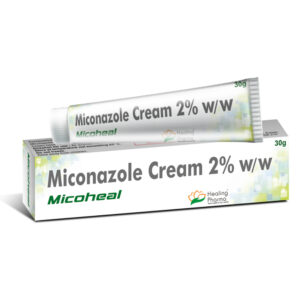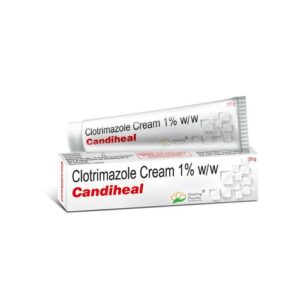Griseofulvin is used to treat skin infections such as jock itch, athlete’s foot, and ringworm; and fungal infections of the scalp, fingernails, and toenails.
This medication is sometimes prescribed for other uses; ask your doctor or pharmacist for more information.
Usage directions
Griseofulvin comes as a tablet, capsule, and liquid to take by mouth. It is usually taken once a day or can be taken two to four times a day. Although your symptoms may get better in a few days, you will have to take griseofulvin for a long time before the infection is completely gone. It is usually taken for 2 to 4 weeks for skin infections, 4 to 6 weeks for hair and scalp infections, 4 to 8 weeks for foot infections, 3 to 4 months for fingernail infections, and at least 6 months for toenail infections. Follow the directions on your prescription label carefully, and ask your doctor or pharmacist to explain any part you do not understand. Take griseofulvin exactly as directed. Do not take more or less of it or take it more often than prescribed by your doctor.
Shake the liquid well before each use to mix the medication evenly.
Continue to take griseofulvin even if you feel well. Do not stop taking griseofulvin without talking to your doctor.
Special precautions
Before taking griseofulvin,
- tell your doctor and pharmacist if you are allergic to griseofulvin, penicillin, or any other drugs.
- tell your doctor and pharmacist what prescription and nonprescription medications you are taking, especially anticoagulants (‘blood thinners’) such as warfarin (Coumadin), oral contraceptives, cyclosporine (Neoral, Sandimmune), phenobarbital (Luminal), and vitamins.
- tell your doctor if you have or have ever had liver disease, porphyria, lupus, or a history of alcohol abuse.
- tell your doctor if you are pregnant, plan to become pregnant, or are breast-feeding. If you become pregnant while taking griseofulvin, call your doctor.
- tell your doctor if you drink alcohol.
- you should plan to avoid unnecessary or prolonged exposure to sunlight and to wear protective clothing, sunglasses, and sunscreen. Griseofulvin may make your skin sensitive to sunlight.
Missed dose
Take the missed dose as soon as you remember it. However, if it is almost time for the next dose, skip the missed dose and continue your regular dosing schedule. Do not take a double dose to make up for a missed one.
Possible side effects
Griseofulvin may cause side effects. Tell your doctor if any of these symptoms are severe or do not go away:
- headache
- upset stomach
- vomiting
- diarrhea or loose stools
- thirst
- fatigue
- dizziness
- faintness
If you experience any of the following symptoms, call your doctor immediately:
- fever
- sore throat
- skin rash
- mouth soreness or irritation
Storage and disposal of Griseofulvin
Keep this medication in the container it came in, tightly closed, and out of reach of children. Store it at room temperature and away from excess heat and moisture (not in the bathroom). Keep the liquid away from light. Do not freeze. Throw away any medication that is outdated or no longer needed. Talk to your pharmacist about the proper disposal of your medication.
Emergency/overdose
In case of overdose, call your local poison control center. If the victim has collapsed or is not breathing, call local emergency services.
Other important information
Keep all appointments with your doctor and the laboratory. Your doctor will order certain lab tests to check your response to griseofulvin.
Do not let anyone else take your medication. Ask your pharmacist any questions you have about refilling your prescription. If you still have symptoms of infection after you finish the griseofulvin, call your doctor.
It is important for you to keep a written list of all of the prescription and nonprescription (over-the-counter) medicines you are taking, as well as any products such as vitamins, minerals, or other dietary supplements. You should bring this list with you each time you visit a doctor or if you are admitted to a hospital. It is also important information to carry with you in case of emergencies.
Disclaimer
We provide only general information about Grisovin which does not cover all possible drug integrations, directions or precautions. Information at our website cannot be used for self-treatment and self-diagnosis. Any specific instructions for a particular patient should be agreed with his health care adviser or doctor in charge of the case. We disclaim reliability of this information and mistakes it could contain. We are not responsible for any direct, indirect, special or other indirect damage as a result of any use of the information on this site and also for consequences of self-treatment. –




